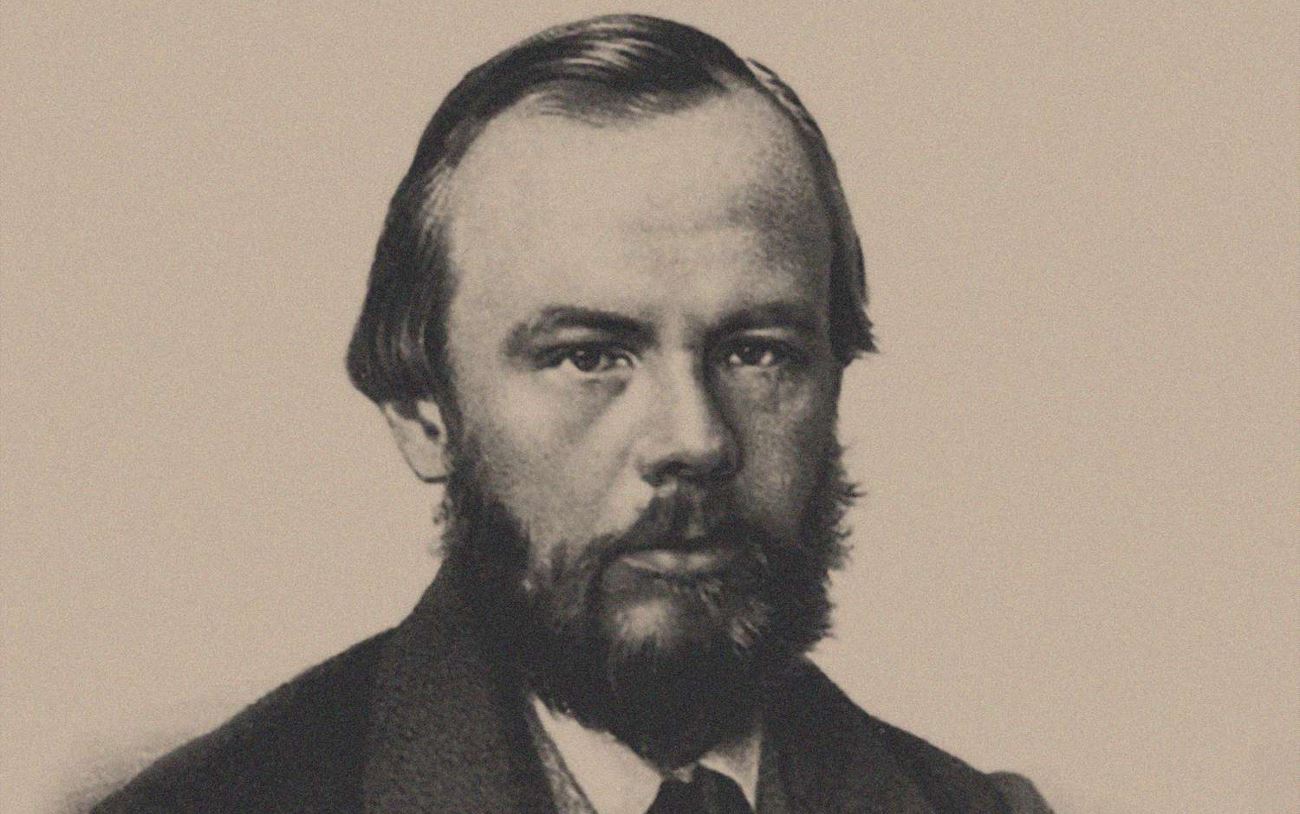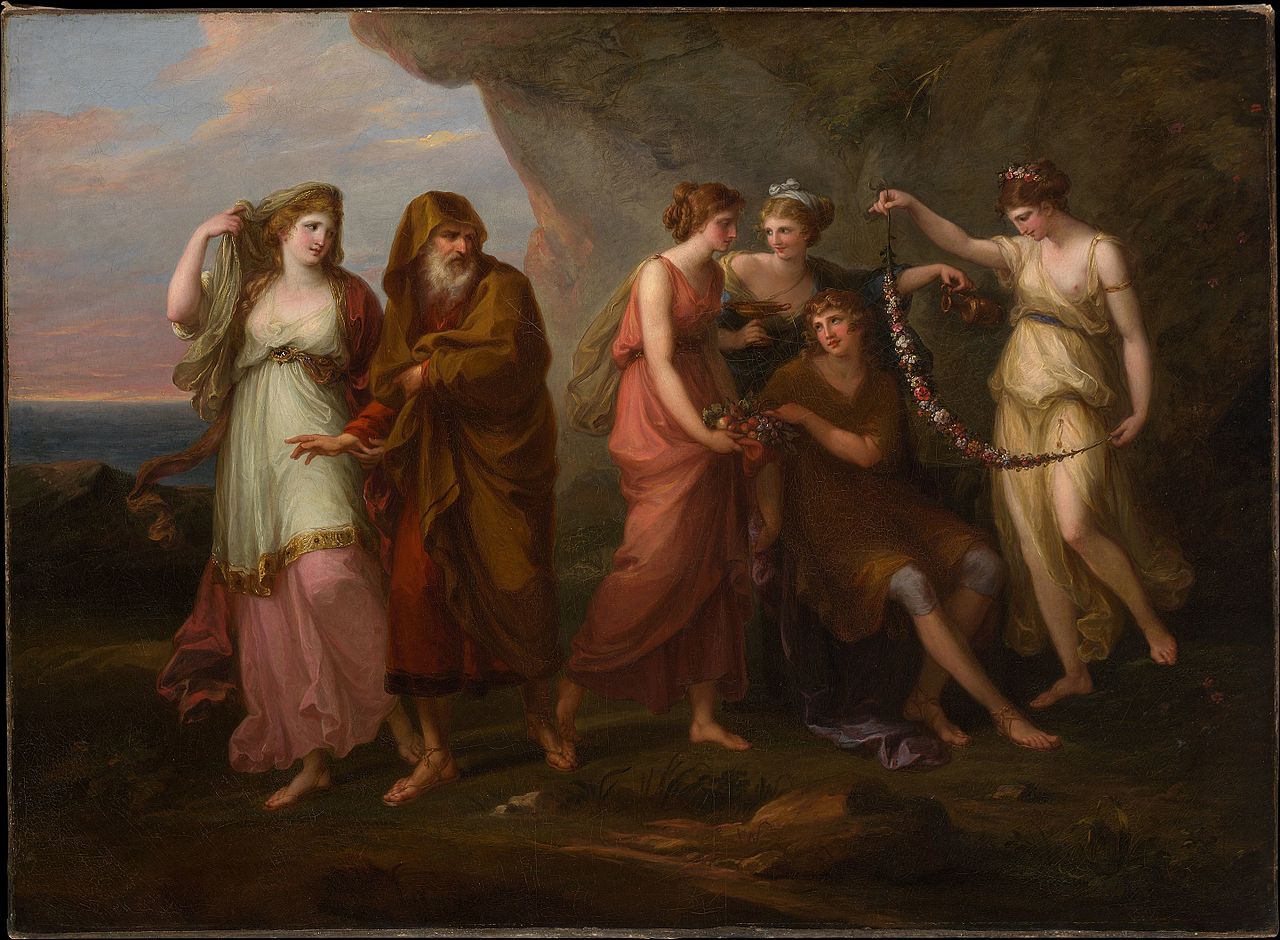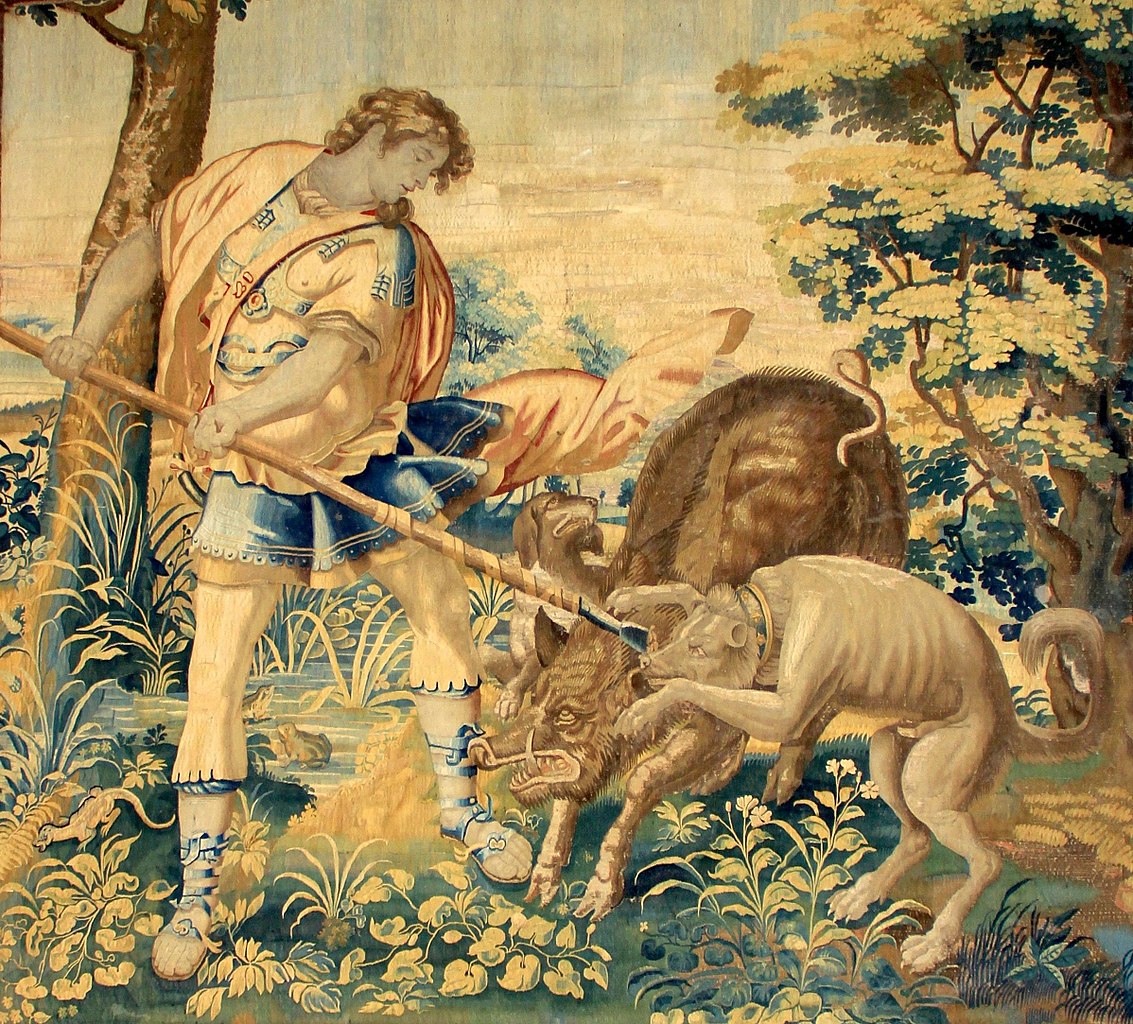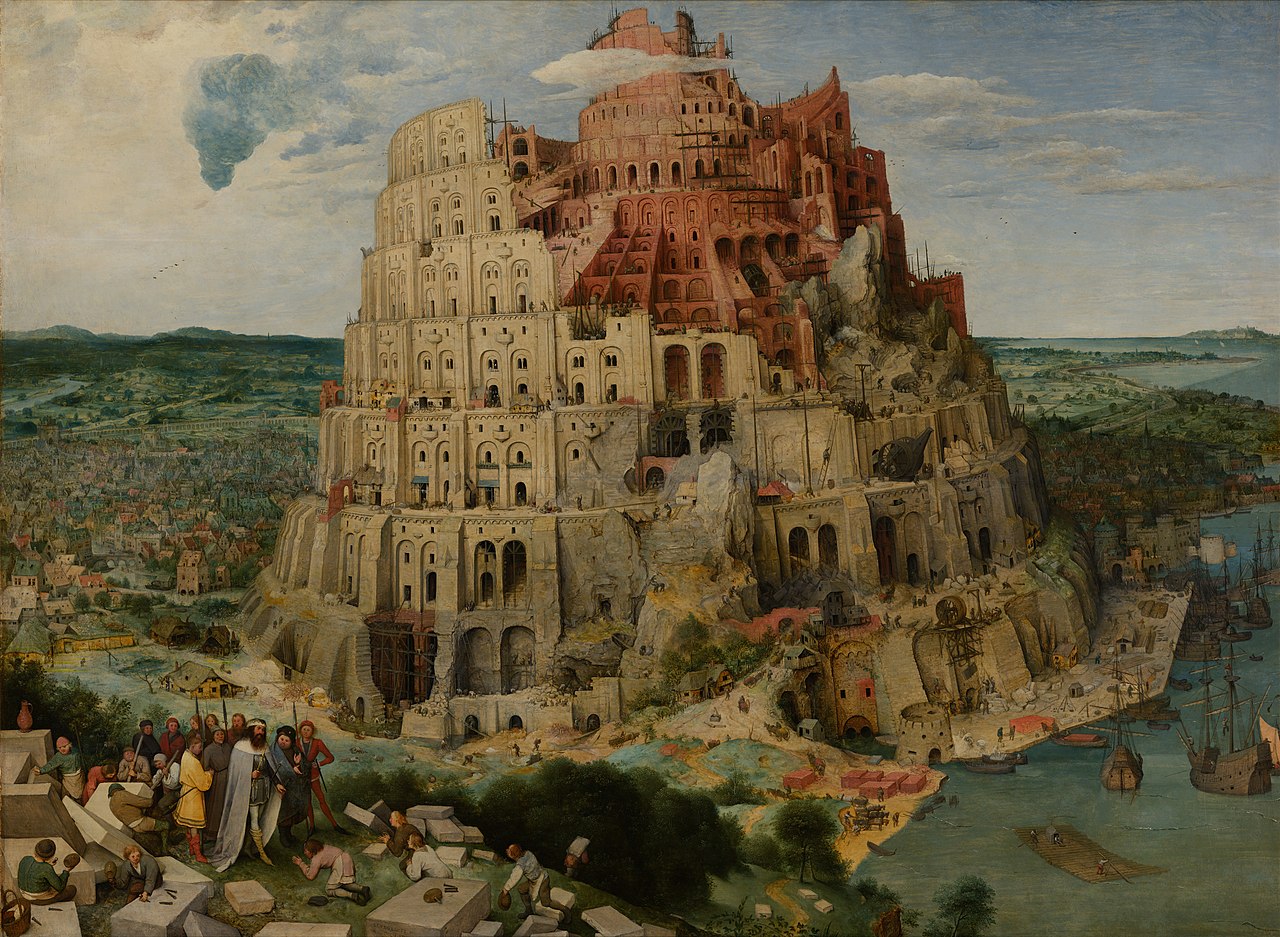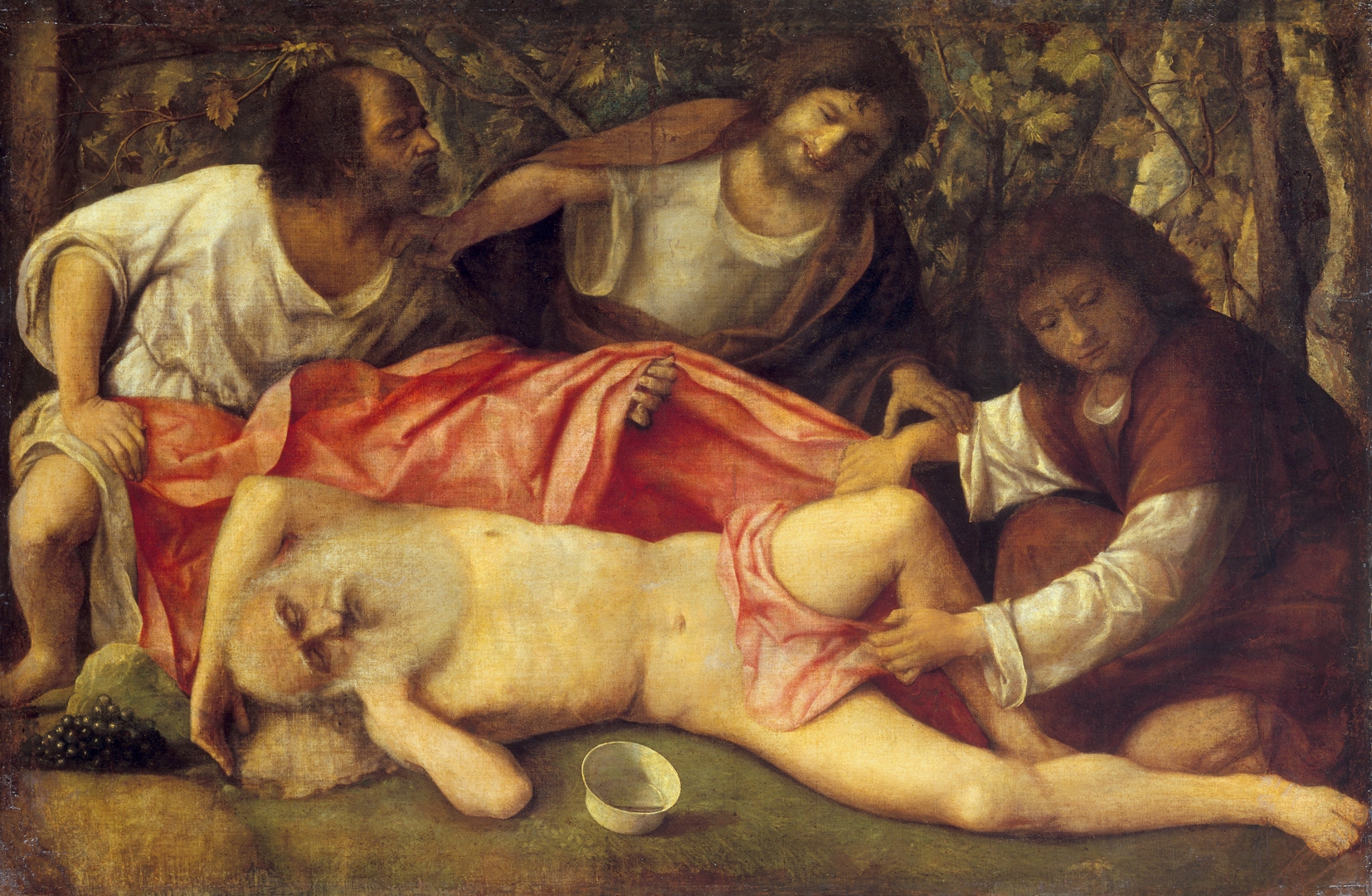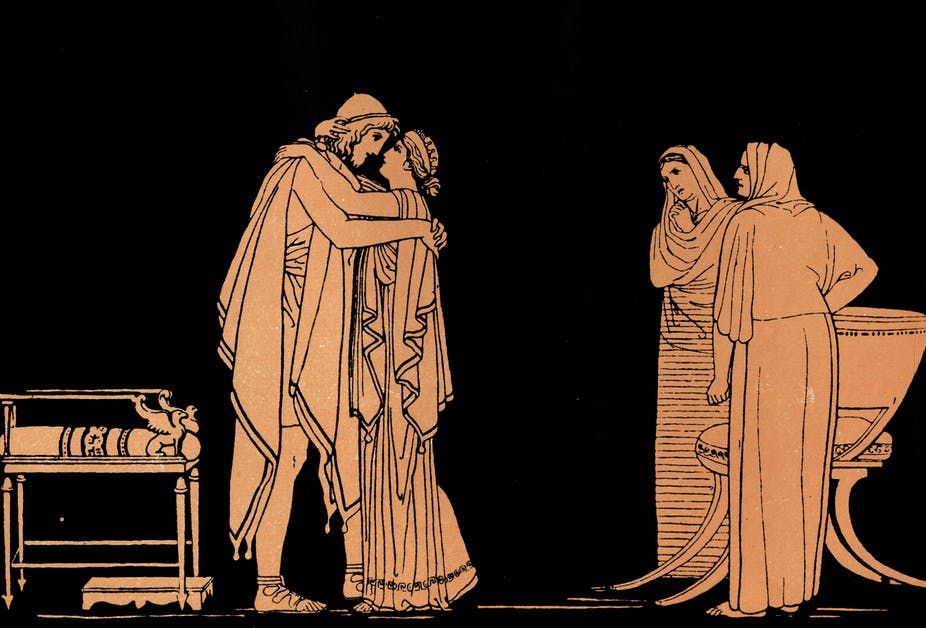Jacob Howland
Jacob Howland is McFarlin professor of philosophy (emeritus) at the University of Tulsa. His research focuses on ancient Greek philosophy, history, epic, and tragedy; the Hebrew Bible and the Talmud; Kierkegaard; and literary and philosophical responses to the Holocaust and Soviet totalitarianism.
Watch Gary Saul Morson and Jacob Howland Discuss the Dostoevsky Problem
Two leading scholars joined Mosaic‘s editor to look at why compassionate people, like the brilliant Russian author, can so often hate the Jews.
The Molten Flow of Primordial Chaos, Agitating the Chests of Men—or Not
The language of Homer delights in illuminating the world at length. The language of the Bible, by contrast, is compact, but fraught with the agitated flow of emotions.
Not Everything Is a Charging Boar
The signal achievement of Genesis is to find heroism not just on the field of battle—where Odysseus, too, excels—but on the hardscrabble ground of everyday life.
Homeric and Biblical Nobodies
Why, in the Hebrew Bible and the Odyssey alike, does the overweening human ambition to become somebody end in lowly banishment and dispersion?
Noah and Odysseus: Exposed!
What do the Hebrew Bible and Homer have to say about clothes?
Sex and the Ancient City
The Hebrew Bible and the Odyssey are both preoccupied by the moral and political consequences of ungoverned sexuality and aggression.
Should Jews Read Homer?
Despite extensive similarities, few readers have studied Genesis together with the Odyssey in hopes of illuminating the human condition. What lies waiting to be discovered?
Podcast: The Philosopher Who Reads the Talmud
Jacob Howland drops by our studio to talk about the ways in which Greek thought can illuminate the Talmud—and vice-versa.
